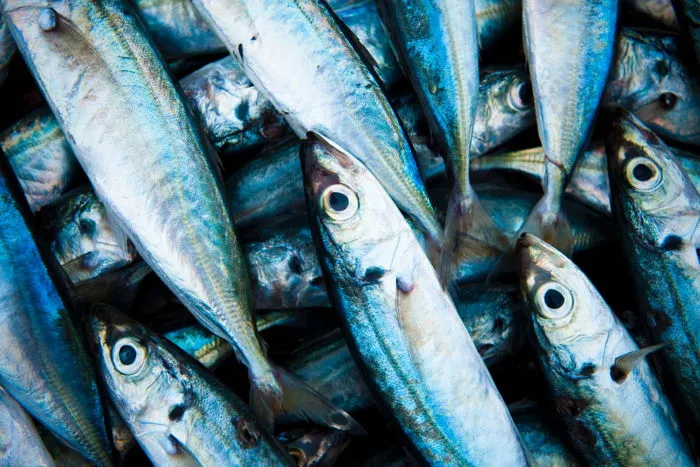Sustainable Seafood is the Catch of the Day
Restaurants are working to ensure their customers know where the fish they're serving is bought, how it's sourced, raised or caught, and how the eco-system is affected.

Today’s consumers, sophisticated about what they eat and where it comes from, are setting the table for restaurateurs to serve more sustainable seafood, industry experts say.
“The tide is turning,” says Jack Crouch, senior commercial manager for the Marine Stewardship Council, a sustainable fisheries nongovernmental organization (NGO). “We’re all becoming more aware of the need to operate as sustainably as we can. There was a lack of knowledge about sustainably sourced seafood, but now we’re on the precipice of restaurants saying they can take this on and handle it, that it will give them a competitive advantage and be worthwhile for business.”
According to our 2018 What’s Hot Culinary Forecast, customers are much more knowledgeable about and interested in sustainability. The following made their way into this year’s Top 10 Concept Trends:
- Environmental sustainability ranked No. 4
- Locally sourced meat and seafood was No. 7, and
- Locally-sourced produce was No. 8
Also, a recent Globescan sustainability survey commissioned by the MSC, found that of the nearly 20,000 North American consumers surveyed:
- 49 percent said they were concerned about overfishing
- 81 percent agreed that fish stocks must be preserved for future generations, and
- 70 percent said brands need to have their fish independently certified and labeled
Because of the increased interest in seafood sustainability, restaurants are working to ensure their customers know where the seafood they’re serving is bought, how it was sourced, raised or caught, whether it comes from a healthy stock of fish and how the eco-system is affected, says Monterey Bay Aquarium’s Seafood Watch Manager of Culinary and Strategic Initiatives, Sheila Bowman.
“We’re making headway,” she says. “Sustainable seafood is becoming an important consideration for businesses, even in far-off parts of the world.”
McDonald’s, A&W Foods, Bamboo Sushi and Sushi Maki are some of the brands committed to serving sustainable seafood today.
Crouch says science-based certification organizations offer restaurateurs the opportunity to provide customers with the verification and traceability information they crave. By establishing the seafood’s chain of custody, they can trace it to its original source, understand whether the fish stock it came from is healthy, that there is no lasting impact on the environment during its processing, and that there are responsive management practices in place to monitor the fishery.
“Restaurateurs who provide and verbalize that message to their customers will separate themselves from the ones who can’t make that claim,” he says.
John Connelly, president of the nonprofit trade group National Fisheries Institute, says the seafood community is filled with stewards of sustainability.
“Producers, processors, distributors and the men and women who work the water recognize the economic, environmental and social impacts of their industry,” he says. “There is a renewed commitment to providing healthy seafood for Americans now and into the future.”


